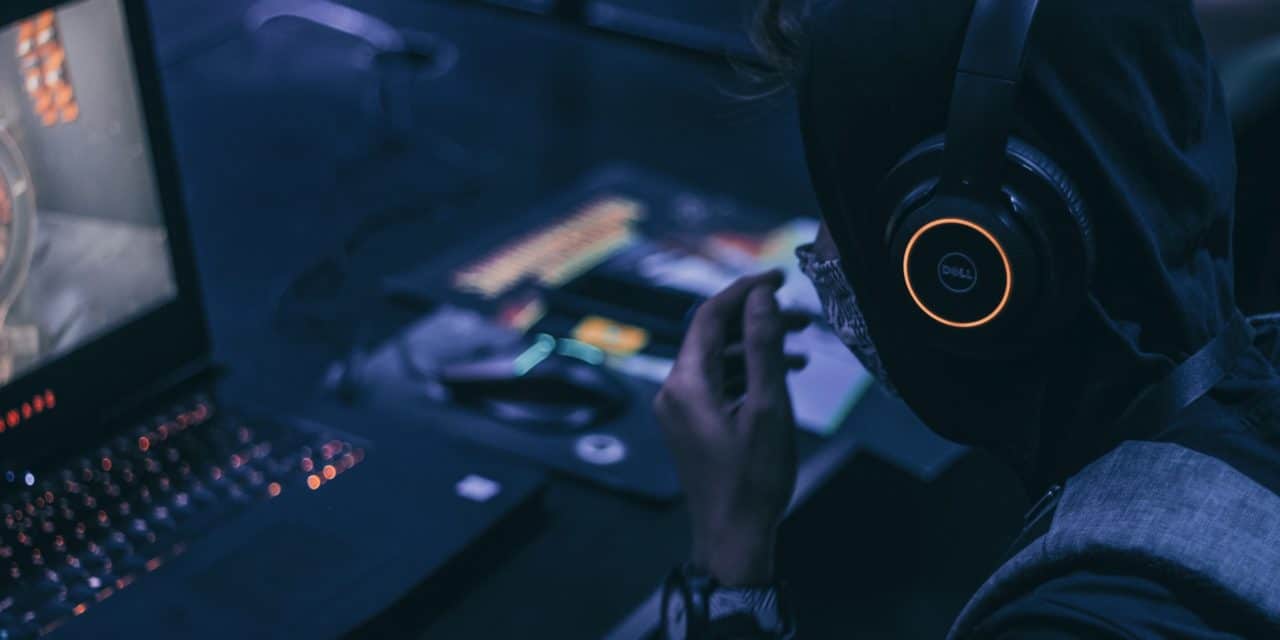[ad_1]
What is feedback? Feedback can happen whenever you have a sound system with a microphone (or an instrument) and amplified speakers. It occurs when speaker sound gets picked up by the microphone (or instrument pickup), reamplified, and sent through the speakers again and again in a screeching or howling loop.
Why does feedback happen? Technically speaking, feedback happens when the gain is too high on the output of a microphone. Lots of factors might figure into a feedback problem but the arrangement of your system components is a major factor in persistent feedback. Correct placement of speakers in relationship to a microphone or instrument will end most feedback troubles.
Here are some common causes of feedback:
- Live microphones are pointed in the direction of the amplified speakers
- The microphone and the amplified speaker are too close
- The person holding the microphone steps in front of the speakers
- The directional nature of the microphone – unidirectional microphones are less likely to cause feedback than omni-directional microphones
- Pointing microphones at each other
- The echo caused by acoustically reflective surfaces within the room – too many echos equals more feedback
- The presence of multiple microphones and amplified speakers – the more equipment you've got the more likely you are to accidentally create feedback
- The singer holds the microphone too far away, forcing the karaoke DJ to crank the volume on the microphone which increases the chance of feedback
What is the best fix for feedback? Proper arrangement of your equipment will cut out 95% of feedback. Unfortunately, you can't always arrange your system perfectly or control the sound environment 100%. Sometimes the option for speaker placement, especially, is non-negotiable. Therefore the following suggestions are ideal scenario solutions but not always possible.
- Place speakers in front of the microphones (and instruments) or
- Point the speakers away from the person singing – 180 degrees is ideal, but not always realistic
- Don't point live microphones at each other
- Hold microphones closer to the mouth so the volume can be turned down
- Avoid cupping the microphone with your hands
- Turn off microphones or other equipment that is not being used
- Use uni-directional microphones – an omni-directional wireless microphone set is cool but it creates more feedback issues
- Soundproof the room – reduce the amount of echo to reduce feedback through the microphone
- If you have an equalizer lower the specific feedback frequency causing your problem – 400K is a common trouble spot
[ad_2]
Source by Christine Sheridan

